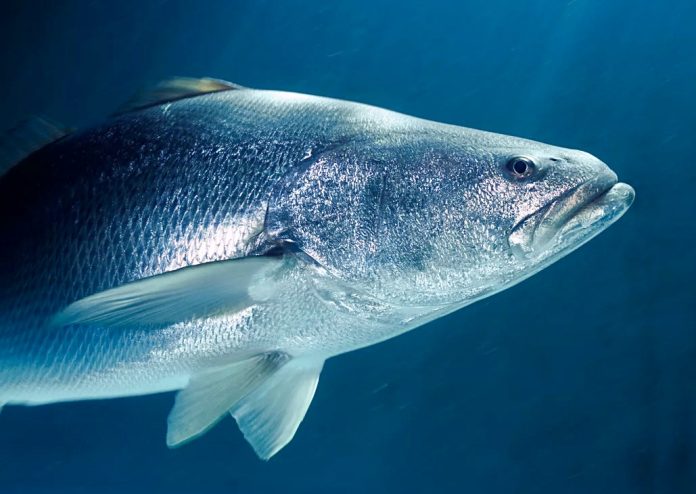
Second Largest Seizure Of Endangered Totoaba Fish Swim Bladders Discovered In San Luis Port, Arizona
You can help all animals and our planet by choosing compassion on your plate and in your glass. #GoVeg
RELATED ARTICLES
Victory! Great Britain Has Finally Banned The Live Export Of Farm Animals
The Animal Welfare (Livestock Exports) Bill, that will ban farmed animals from being exported from Great Britain for slaughter, has passed its final stage...
Judge Dismisses Felony Charges Against UC Berkeley Student Who Rescued Four Chickens From A Slaughterhouse
A Sonoma County judge dismissed multiple felony charges against UC Berkeley student Zoe Rosenberg, 21, who is being prosecuted for rescuing four chickens from...
The Most Endangered Species On Earth & The Race To Help Save Them From Extinction
The world is facing a crisis in biodiversity as a growing number of species are facing extinction. Among them, some are particularly at-risk of...
Popular stories
News
Breaking! More Than 300 Elephants Have Mysteriously Died In Botswana With No Evidence Of Poaching
The mysterious deaths of hundreds of elephants in Botswanan have concerned people around the world looking for answers.
“A catastrophic die-off of elephants is happening in...
Burger King Launches The Plant-Based Impossible Whopper Throughout Canada This Month
Burger King and Impossible Foods announced that after a successful launch in the United States, the Impossible Whopper will be available throughout Canada beginning on...
Alleged Vietnamese Wildlife Trafficker Arrested In South Africa For Illegal Possession Of Lion Teeth, Claws, & Suspected Gelatin
A Vietnamese national has been arrested in connection with the illegal trade of wildlife and possession of a firearm following a raid in Bela-Bela...


